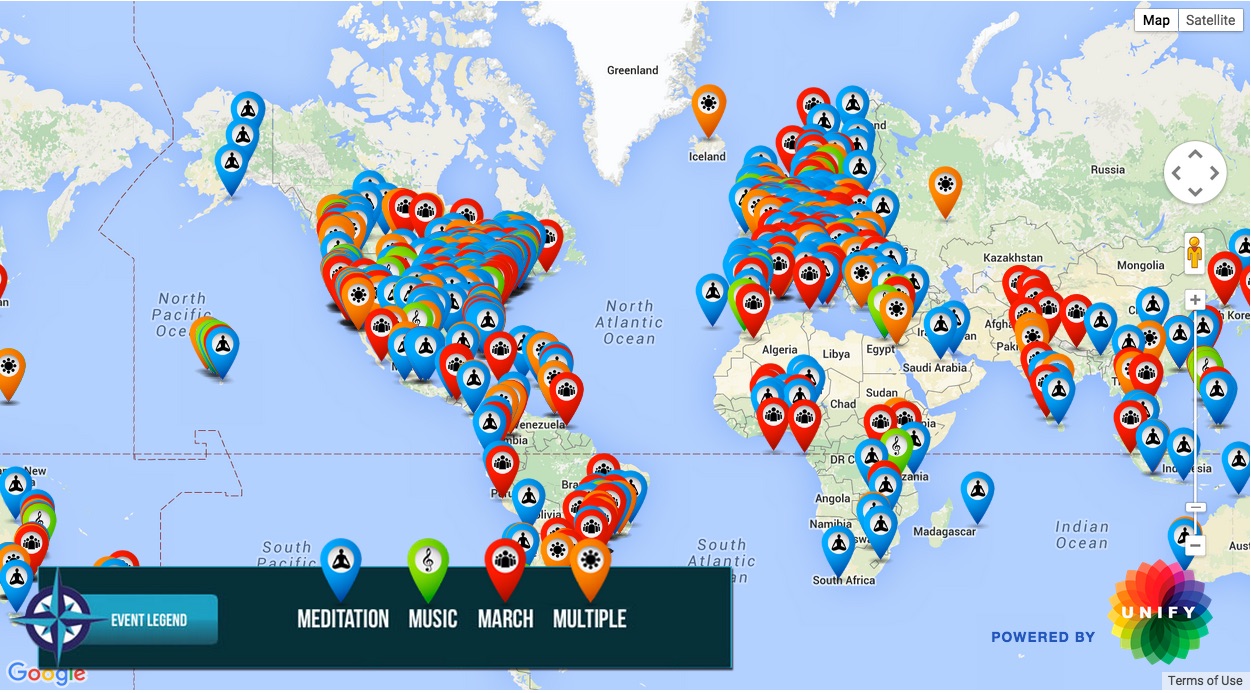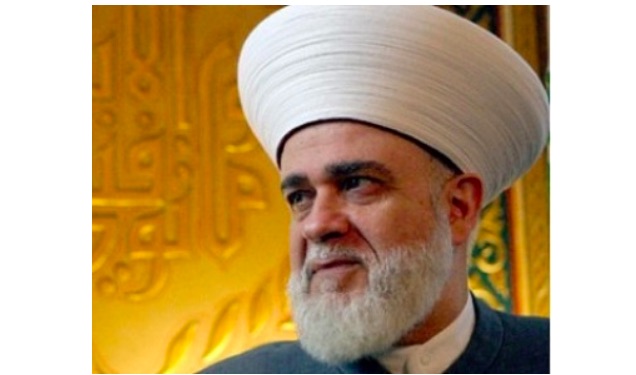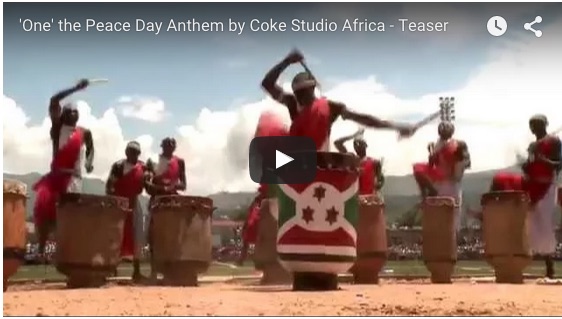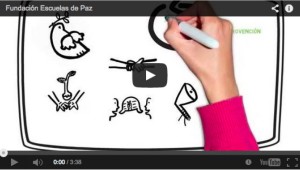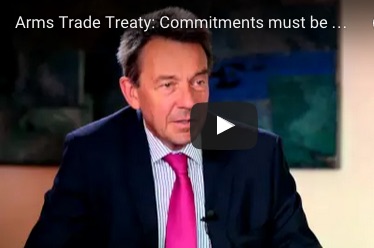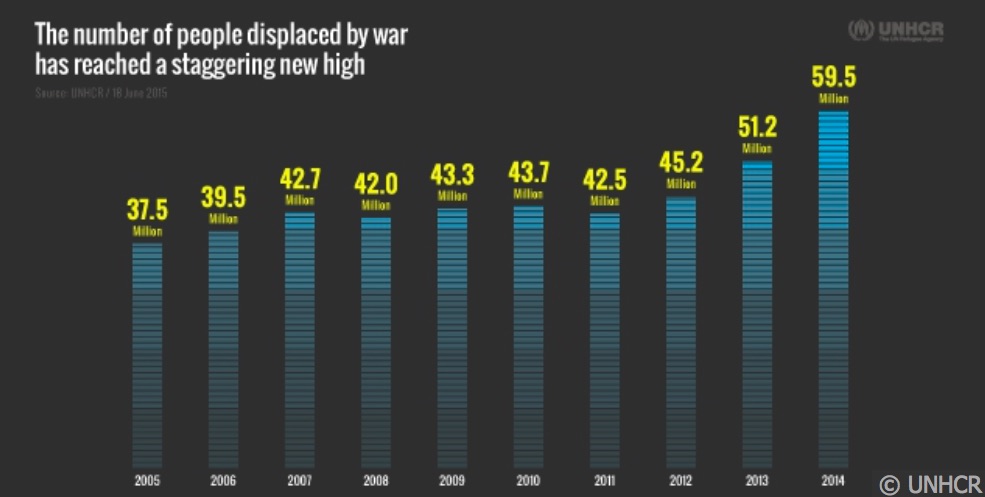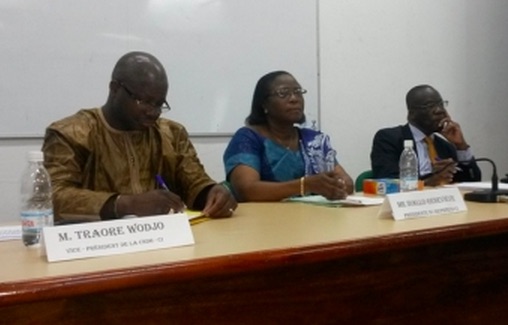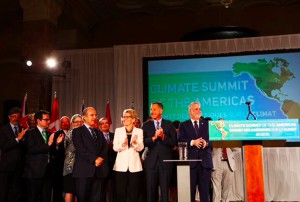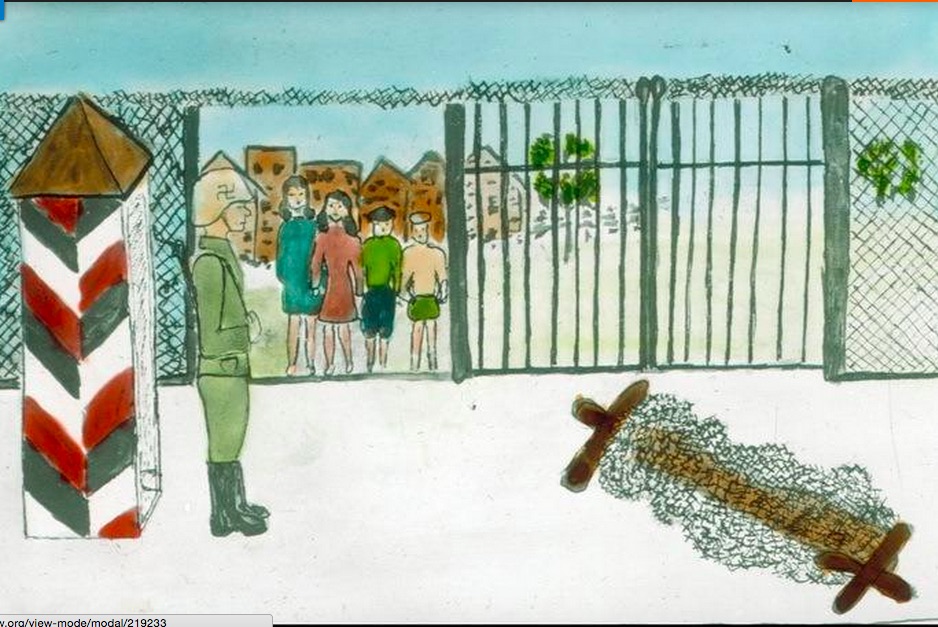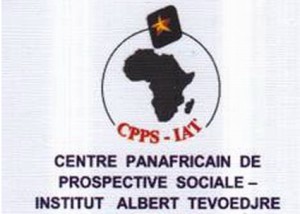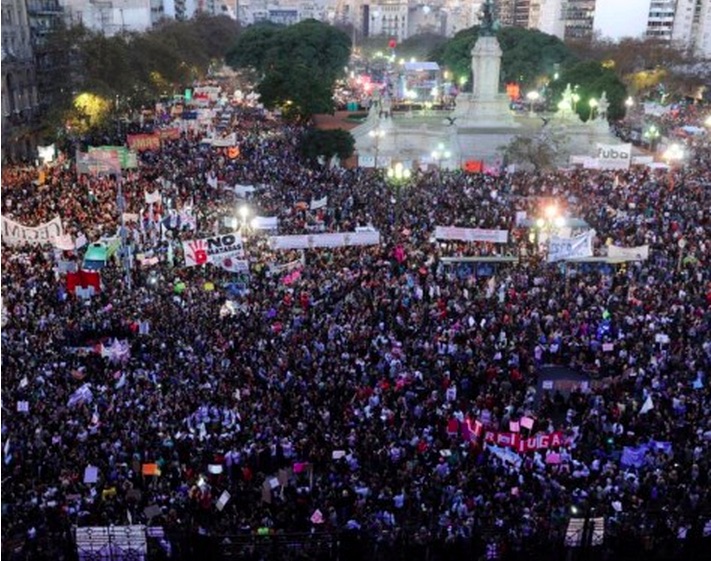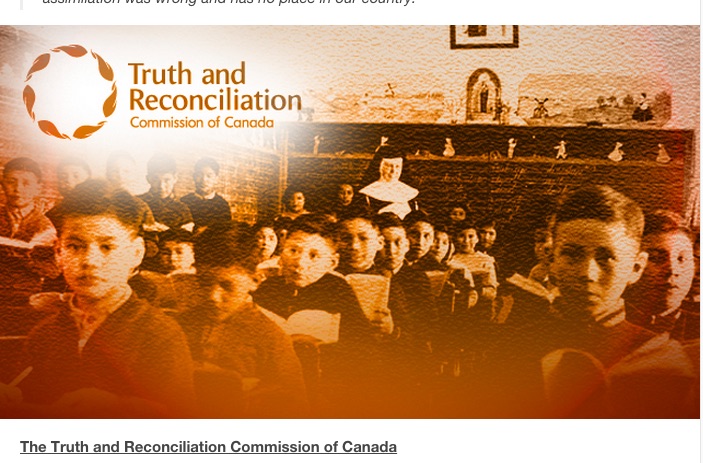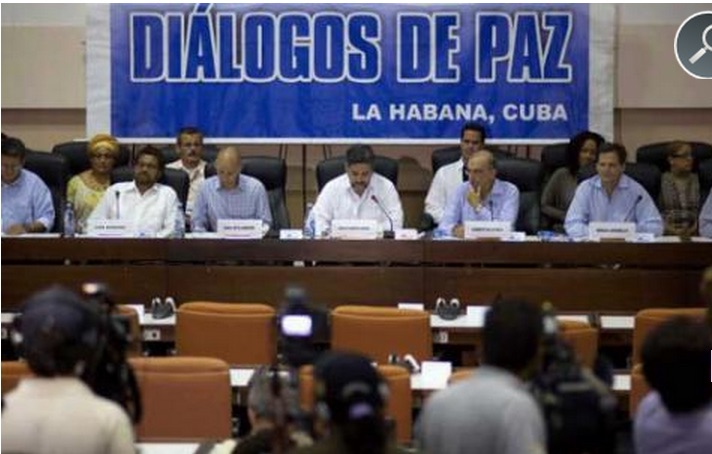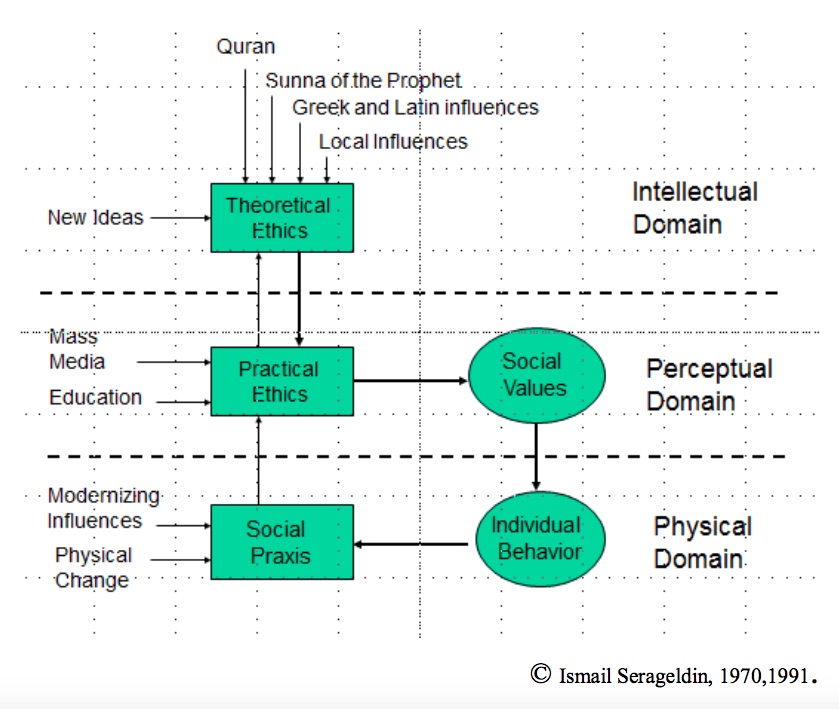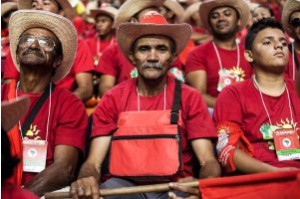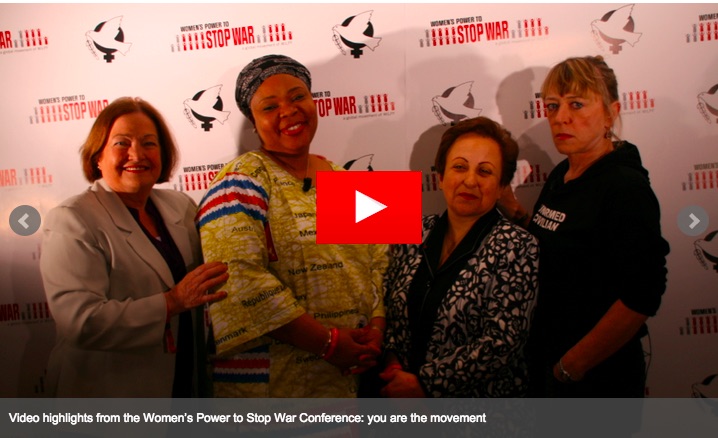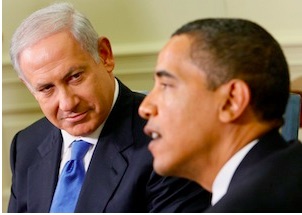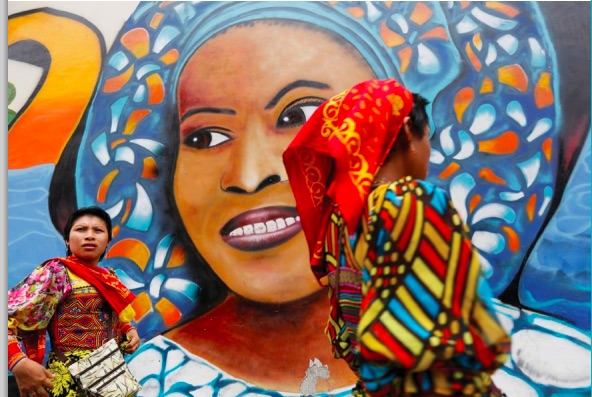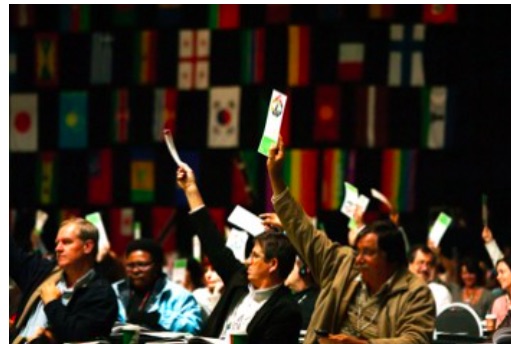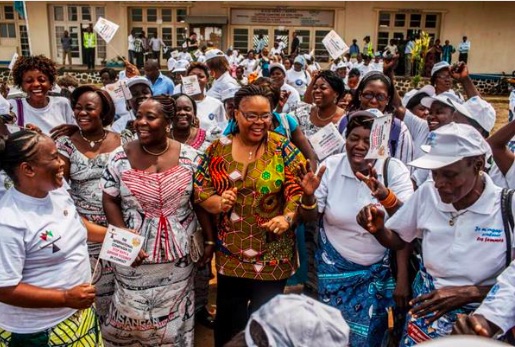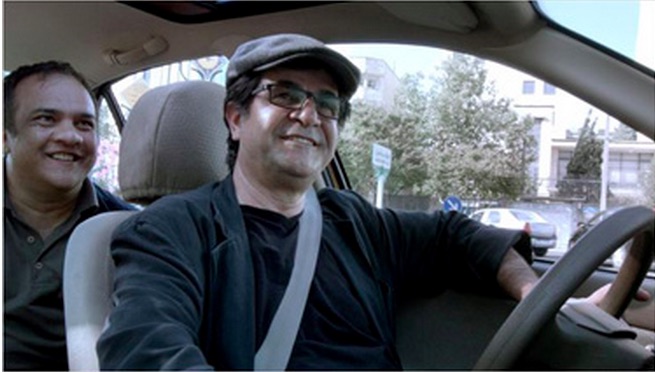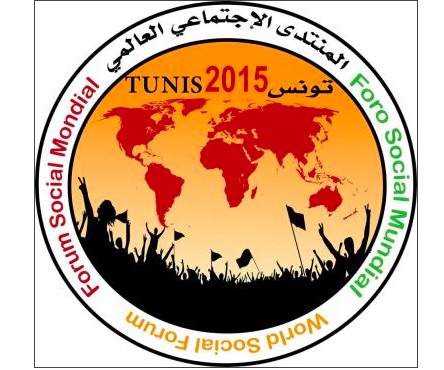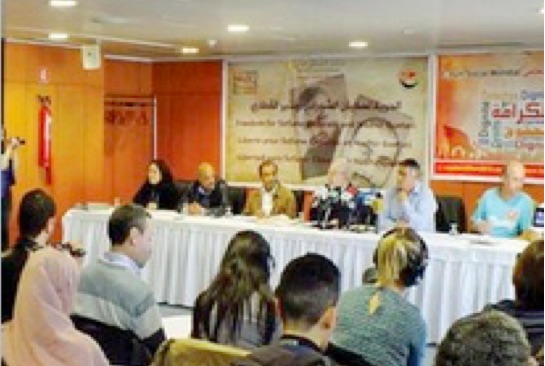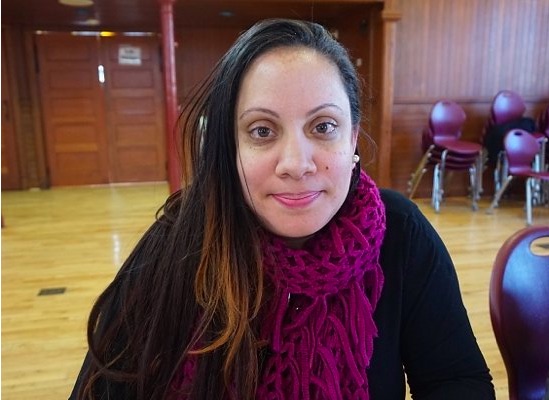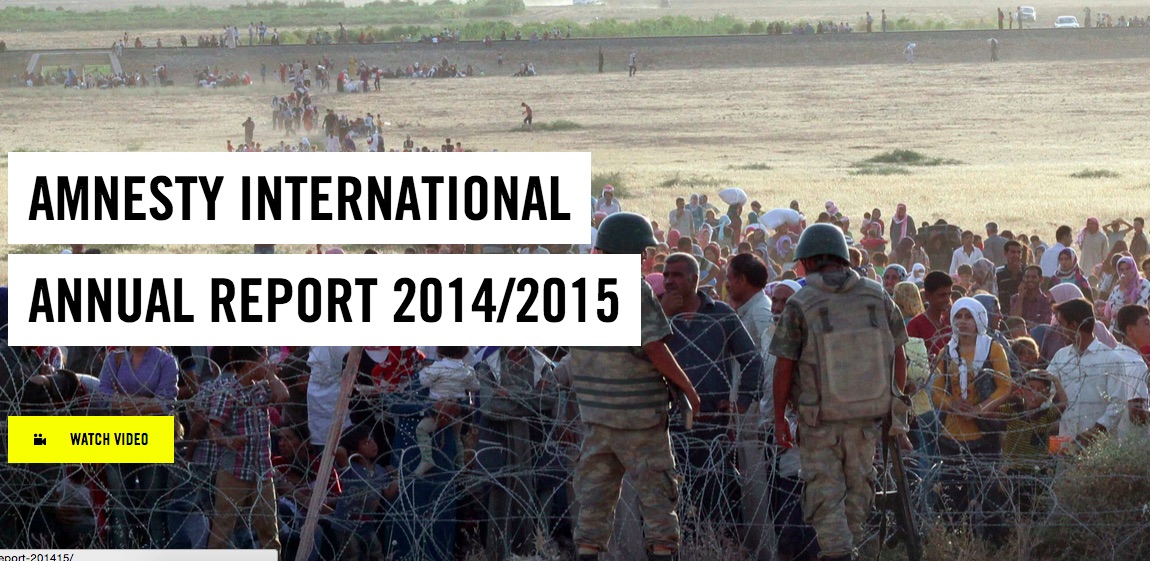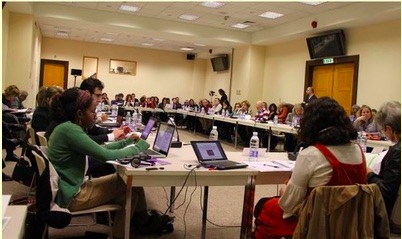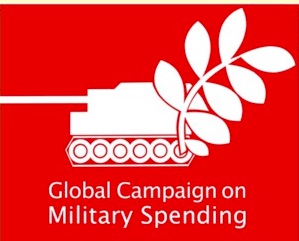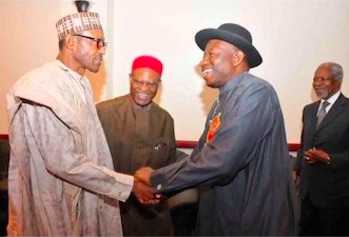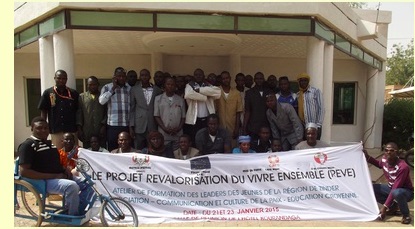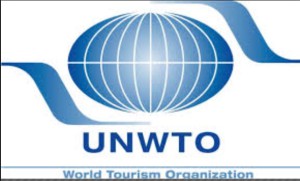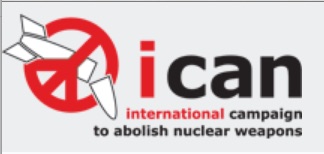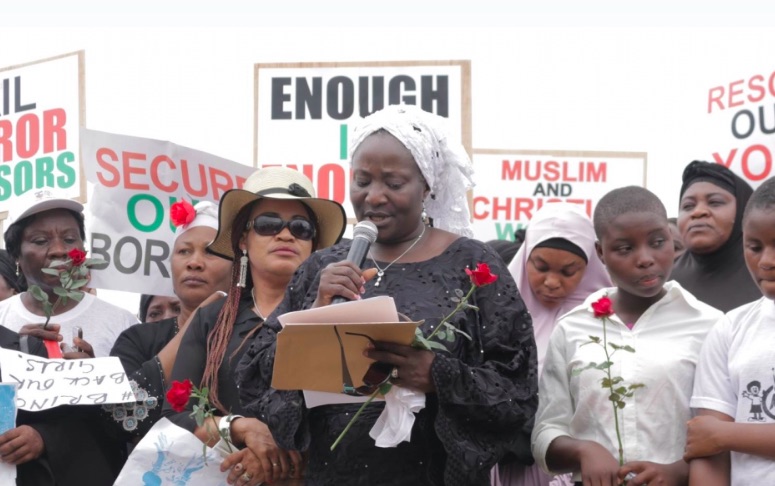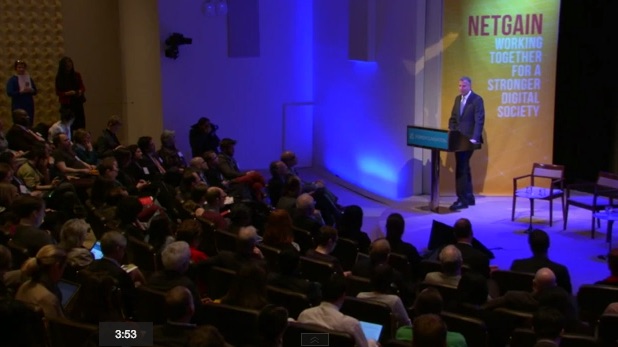Each year the International Day of Peace (September 21) reveals the spread of anti-war consciousness throughout the world. Last year the bulletin for October 1 concluded that “we have seen this month the most impressive mobilization for a culture of peace since the International Year for the Culture of Peace 14 years ago. In other words, we can say with certainty that the culture of peace is advancing.”
Can we say the same this year? Qualitatively, we can see many examples that suggest we are advancing.
As usual the UN Secretary-General marks the International Day of Peace by calling for cease-fires in the wars around the world. Others, such as the Director of Greenpeace, Kumi Naidoo, use the occasion to urge solidarity with refugees as well as the cessation of the wars that have forced them to flee. He salutes the many acts of solidarity by individuals and communities across Europe, and he quotes the poet Warsan Shire that ‘No one leaves home unless home is the mouth of a shark’. In a similar vein, the International Peace Bureau has given a share of its annual MacBride Prize to the Italian island of Lampedusa whose people have helped thousands of refugees trying to cross the Mediterranean to find asylum in Europe, and the Bureau makes the point that they are fleeing the military interventions by Europe in their homelands.
Peace One Day has been campaigning for over 17 years, making the case for Peace Day. This year it is sponsoring ‘ONE’, the Peace Day anthem recorded by musicians together from five African countries: Zwai Bala (South Africa), Ice Prince (Nigeria) Maurice Kirya (Uganda), Alikiba (Tanzania), Wangechi (Kenya) and Dama Do Bling (Mozambique). The anthem was premiered at the Peace One Day Youth Celebration in Kigali, Rwanda which featured performances from artists from across the Great Lakes region of Africa.
In the United States, the Campaign Nonviolence coordinates hundreds of actions around the country to foster a culture of peace through the power of nonviolence. Last year the campaign was launched with 239 actions and events in every part of the nation.
Here are some other celebrations from around the world:
The United Nations Association of New Zealand celebrated the International Day of Peace at Parliament in the Legislative chamber. In Zimbabwe, dancers, actors and poets came together to commemorate the International Day of Peace with performances at Zimbabwe Hall in Highfield. The Kashmir Peace Network is celebrating International Day of Peace at ‘Samad’s Island of Peace’ in Nageen. They are participating in the Global Feast for Peace, coordinated by the International Cities of Peace, along with many other cities around the world.
The peace activists of Ashland, Oregon (US) have used the day to launch an official City Culture of Peace Commission. And activists in Colombia are including the day in the 7th National Congress of REDUNDIPAZ, dedicated to the role of the university in the construction of peace with social justice.
The celebration of the Day is so widespread that it is difficult to give a quantitative measure. After surveying some of the websites and social media devoted to the International Day of Peace, I conclude that all of our estimates are under-estimates and the celebration is more widespread that we can calculate.
|
DISARMAMENT AND SECURITY |
WOMEN’S EQUALITY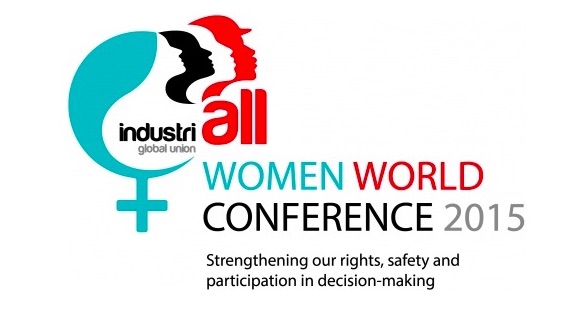 Hundreds of women trade unionists gather for world conference in Vienna |
FREE FLOW OF INFORMATION Pact between the government and FARC-EP raises hopes for peace in Colombia |
HUMAN RIGHTS Germany: PRO ASYL presents human rights award to U.S. AWOL soldier |
|
SUSTAINABLE DEVELOPMENT |
DEMOCRATIC PARTICIPATION |
TOLERANCE AND SOLIDARITY |
EDUCATION FOR PEACE |
